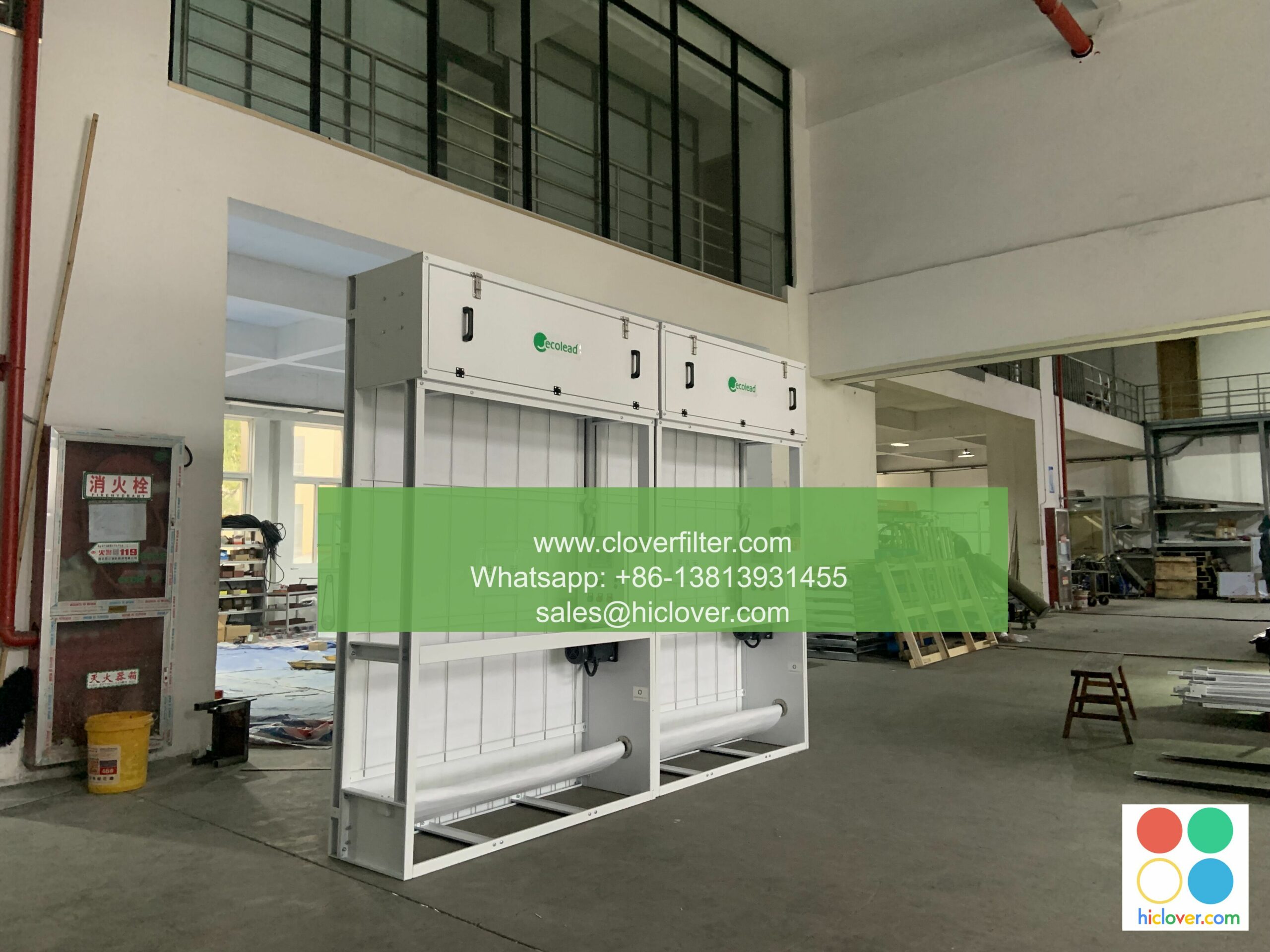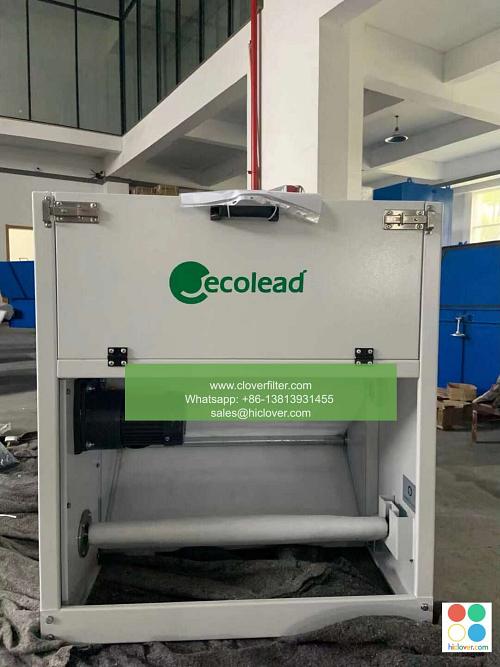HEPA Air Filters: What Are They and How Do They Work?

What Are HEPA Air Filters?
Introduction to High-Efficiency Particulate Air (HEPA) Filters
In today’s world, indoor air quality is a growing concern for many of us. With the rise of industrialization and urbanization, the air we breathe has become increasingly polluted, and allergy sufferers and asthma patients are particularly vulnerable to its negative impacts. This is where HEPA air filters come in, offering a revolutionary solution to this global challenge.
What are HEPA Air Filters?
HEPA (High-Efficiency Particulate Air) filters are designed to capture extremely small particles, including dust, pollen, pet dander, and other allergens, from the air we breathe. Developed in the 1950s, these filters have become a staple in numerous applications, from residential homes to commercial and industrial settings.
How Do HEPA Air Filters Work?
HEPA filters use a unique technology to trap particles as small as 0.3 microns in size, including:
- Dust
- Pollen
- Pet dander
- Mold
- Bacteria
- Viruses
Here’s how they work:
- Air passes through the filter: Dirty air enters the filter, carrying a range of pollutants and allergens.
- Particles stick to the filter: The HEPA filter’s thick, tightly-woven fabric, often made from fiberglass or cotton, captures particles, stopping them from passing through.
- Clean air exits: The filtered air is released, free from contaminants, providing a safer and healthier breathing environment.
Key Benefits of HEPA Air Filters
- Improved Indoor Air Quality: HEPA filters significantly reduce particle levels, minimizing exposure to pollutants and allergens, perfect for asthma and allergy sufferers.
- Increased Energy Efficiency: With a clean air supply, HVAC systems can perform more efficiently, reducing energy consumption and costs.
- Extended Equipment Life: By removing contaminants, HEPA filters reduce the wear and tear on equipment, extending its lifespan.
Applications of HEPA Air Filters
- Residential: Install HEPA filters in your home to reduce allergy symptoms, create a cleaner environment, and improve overall health.
- Commercial: In offices, schools, and healthcare facilities, HEPA air filters help maintain optimal indoor air quality, ensuring a healthy working environment.
- Industrial: Industries, such as manufacturing, warehousing, and laboratory settings, can rely on HEPA filters to keep the air clean and free from contaminants.
- Automotive: HEPA air filters can be used in vehicles, particularly in areas prone to heavy traffic and pollution, to provide a cleaner cabin air experience.
Conclusion
HEPA air filters have come a long way in providing a solution to the global problem of poor indoor air quality. With their impressive particle-capturing capabilities, they have become a staple in many areas, from residential to industrial settings. By installing HEPA filters, you can breathe easier, knowing your air is cleaner, healthier, and safer.
Further Reading
- "The Benefits of HEPA Air Purifiers for Asthma Sufferers" [link]
- "How to Choose the Right HEPA Filter for Your Home" [link]
- "The Future of Air Purification: HEPA and Beyond" [link]
About the Author
[Your Name] is a seasoned writer and researcher with a focus on sustainability, technology, and health. With a strong passion for creating informative and engaging content, [Your Name] aims to educate readers on the importance of air quality and the role HEPA filters play in maintaining a healthy environment.
I’m happy to help! However, I need a little more information from you. What would you like to talk about or ask for? Do you have a specific topic in mind, or are you open to suggestions? I’m here to help with any questions or topics you’d like to discuss.

